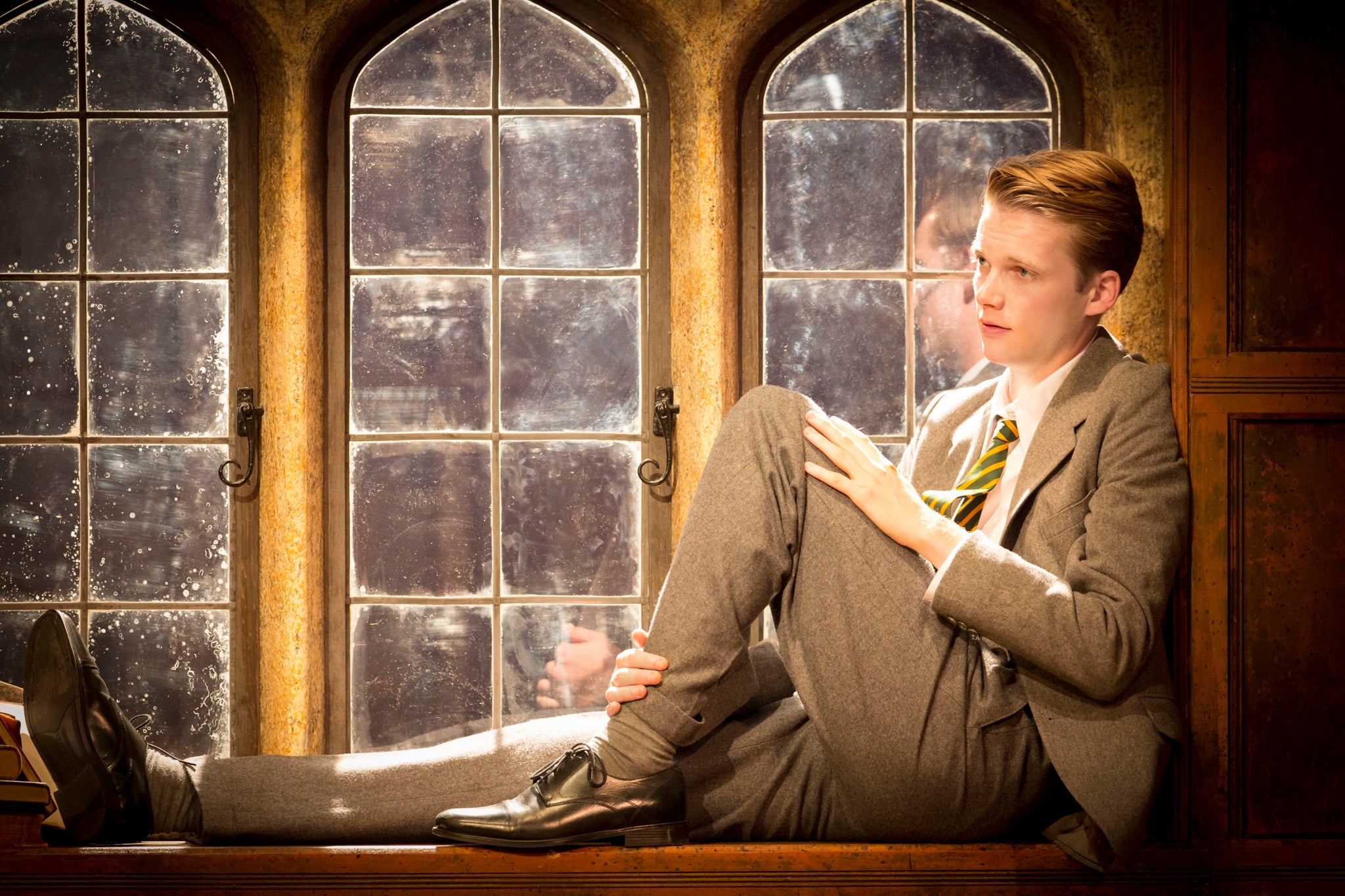Another Country, Trafalgar Studios, theatre review

Your support helps us to tell the story
From reproductive rights to climate change to Big Tech, The Independent is on the ground when the story is developing. Whether it's investigating the financials of Elon Musk's pro-Trump PAC or producing our latest documentary, 'The A Word', which shines a light on the American women fighting for reproductive rights, we know how important it is to parse out the facts from the messaging.
At such a critical moment in US history, we need reporters on the ground. Your donation allows us to keep sending journalists to speak to both sides of the story.
The Independent is trusted by Americans across the entire political spectrum. And unlike many other quality news outlets, we choose not to lock Americans out of our reporting and analysis with paywalls. We believe quality journalism should be available to everyone, paid for by those who can afford it.
Your support makes all the difference.Our fascination with the Cambridge spy ring is undimmed, and Julian Mitchell’s renowned 1981 play – which originally starred Rupert Everett and Kenneth Branagh, with Colin Firth playing the Branagh role in a subsequent movie – is a deserving transfer from last autumn’s Chichester season to the West End.
Everett’s tailor-made role as the gay, disruptive public schoolboy Guy Bennett (ie, Guy Burgess) is taken by another striking newcomer, Rob Callender, puppyish and baby-faced, a killer cherub, while Branagh/Firth’s Judd is given the right sort of determined, Marxist intensity by Will Attenborough.
As a schooldays play about hierarchies, sex, suicide and loneliness, the piece hasn’t dated, while Mitchell’s elegant, incisive writing still pleases and provokes in equal measure. It’s a poignant bonus to learn that Judd was based on the poet John Cornford, who died young while fighting in the Spanish Civil War.
Jeremy Herrin’s production makes a good case for the canonical status of the play alongside other “male bastion” studies such as Alan Bennett’s Forty Years On and The History Boys, and Laura Wade’s Posh. And an ironic blast of “I Vow to Thee, My Country” reminds us that the British educational system has always guaranteed an ambiguous sense of patriotism.
To 21 June (0844 8717632)
Join our commenting forum
Join thought-provoking conversations, follow other Independent readers and see their replies
Comments